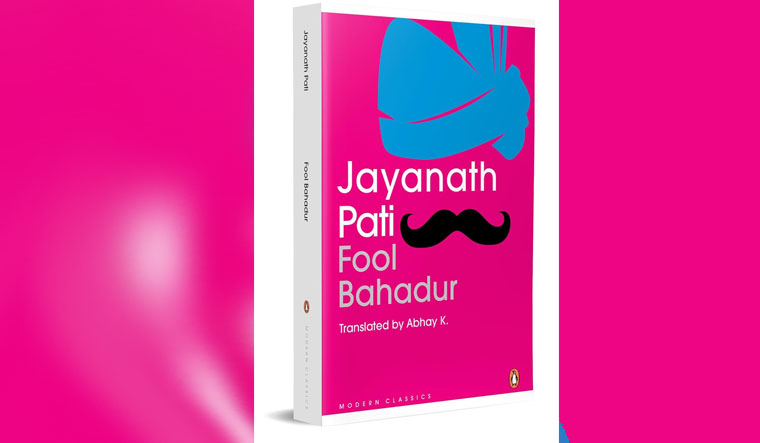When a nearly century-old book becomes a talking point, you know there is probably more to it than its prosaicness or sheer literary merit. Fool Bahadur, originally written by lawyer-writer Jayanath Pati in Bihar, Sharif of the British Raj during the early decades of the previous century, and recently translated into English by poet-diplomat Abhay K., is one such.
For Abhay, the effort has not just been translating a work of literature for a wider audience. Herein, the medium itself is the message. To be more precise, Magahi, the language in which Pati originally wrote Fool Bahadur.
Magahi ceased to be an independent language in India long ago. Subsumed by the overarching dominance of Hindi, or perhaps worse, the pop revival of Bhojpuri in recent times. Yet, the language which traces its roots back to Magadhi Prakrit, the official language of Magadha and the great Mauryan empire, and the very language believed to have been used by both Buddha and Mahavir to preach their sermons thus giving birth to two great religions, today struggles for its identity.
Translator Abhay, who hails from Nalanda in Bihar, ground zero for Magahi, intends to do his part, and it is evident from his detailed translator’s note that prefaces the book — it actually runs into a substantial part of the pocket paperback. He traces the long history of the language and the culture and society which faded over time, and the constant sense of a lack of literary substance in his own mother tongue (literally, as he notes how his mother spoke to him in Magahi while his father used Hindi), something he lamented in a poem, before being pleasantly corrected by those who read the poem and opened his eyes to a trove of work which lay undiscovered.
Or translated. This brought him to Fool Bahadur, which could well be counted as the first known Magahi novel (author Pati did write Sunandabefore Fool Bahadur, but no known copy exists).
It is clear why Fool Bahadur checks the right boxes. As a bureaucrat hailing from Nalanda (which was popularly called Bihar Sharif), it is clear that the translator would have found resonance with the cheeky goings-on Raj’s clerkdom with how some things probably haven’t changed much a century down the line. The story is a romp through the shenanigans of an ambitious social climber who aspires to bag the coveted title of “Rai Bahadur”, bestowed by the Brits on loyal and distinguished subjects, and how he moves men, mountain and more than a few tenets of morality in his efforts to get there.
Fool Bahadur, with its subtleties and unsaid plot twists, adds much more to the layers of what is, on the face of it, a fun romp through colonial bureaucracy. Think deeper, it bares the pretences to modernity that the British tried to bring to their subjects in the sub-continent. Or maybe, their well-meaning intentions couldn’t stand a chance against the deep-rooted bear-hug of patriarchy, corruption and one-upmanship that has been a perpetual feature of Indian babudom.
Title: Jayanath Pati Fool Bahadur
Author: Jayanath Pati, translated by Abhay K.
Publisher: Penguin Modern Classics
Pages: 65
Price: Rs 250



